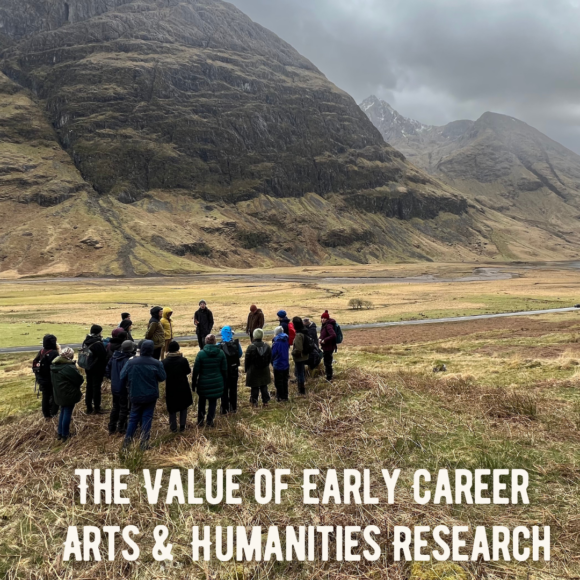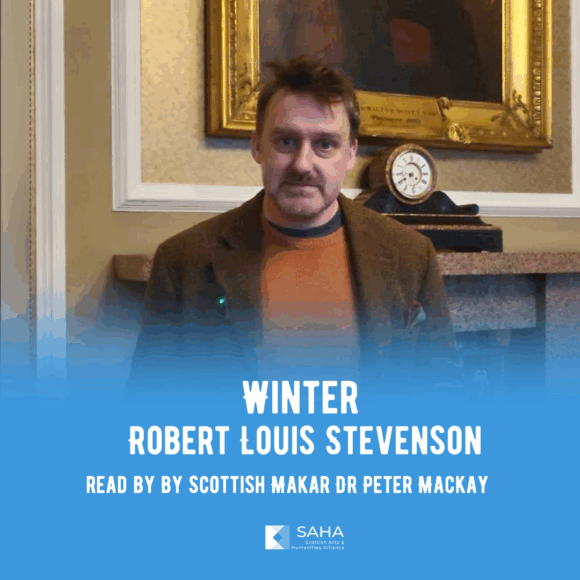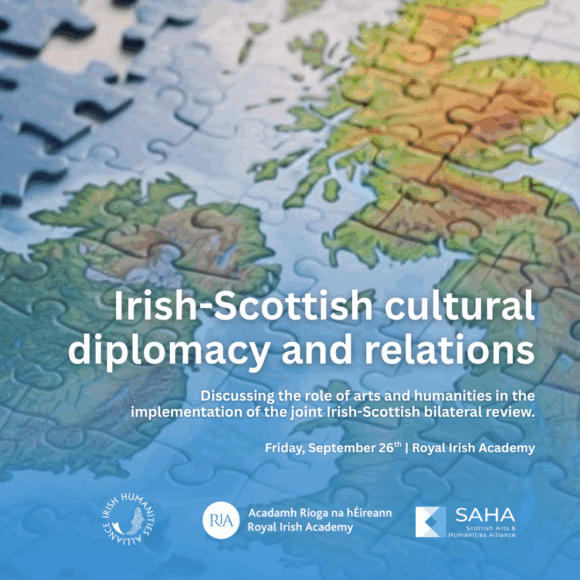In response to the much-awaited Research Excellence Framework (REF 2021) results recently released, the Scottish Arts and Humanities Alliance (SAHA) welcomes the positive results for arts and humanities in Scotland and congratulates its members for confirming once again the excellence of Scottish research, with high impact at national and international level recognised by expert assessors.
The UK-wide assessment of research in UK universities takes place every 5-7 years based on a robust assessment procedure and it presents a good overview of the health of UK research. The Scottish results show that 41% of research was world-leading (4*) and 44% was deemed to be internationally excellent (3*) across all panels. The segments of REF that are of interest to SAHA members are Panel C and D. Panel D is the main panel for arts and humanities and the sections included in the 2021 exercise were: Area Studies, Modern Languages and Linguistics, English Language and Literature, History, Classics, Philosophy, Theology and Religious Studies, Art and Design: History, Practice and Theory, Music, Drama, Dance, Performing Arts, Film and Screen Studies, Communication, Cultural and Media Studies, Library and Information Management. However, panel C also includes several sub-panels relevant for arts and humanities, including Archaeology and Education, with relevant interdisciplinary work submitted in different panels. Analysing the results of arts and humanities sub-panels confirms once again the breadth of impact in this area and that high-class world-leading research can be found in all corners of the Scottish higher education sector.
Another pillar of assessment that was included in the 2021 REF was the environment, outlining the policies and efforts made by universities to foster, support and reward research excellence. Most of the Scottish universities were deemed to have a 4* (world-leading) or 3* (internationally excellent) environment in the arts and humanities sub-panels. In several categories, including English Language and Literature, History, Theology, Art and Design and Communication, Scottish institutions were awarded 100% 4* rating for their environment. The overwhelming presence of 4* and 3* assessments across Panel D for most Scottish institutions is a testament to the strength of the research environment in arts and humanities that enables impactful research that drives societal change. With good frameworks in place, Scottish research can only continue to improve its standing at national and international level in the future.
While these are just some highlights and the full results of REF are too complex to be articulated in a short statement, SAHA is proud to represent institutions working in arts and humanities that have proved excellence across the board.
The relative size of submissions across arts and humanities has been analysed, with the sector deemed to have returned fewer submissions than in the previous REF exercise[1]. Comparison with the 2014 results is not straightforward, however, as Scottish Higher Education Institutions have made strategic changes to submissions as a result of the changes in the REF assessment process after the 2014 exercise proposed in the independent review conducted by Lord Nicholas Stern[2]. Some Scottish universities with smaller units for specific sub-panels have also submitted entries to corresponding larger pools of research (e.g. outputs previously submitted to Classics submitted to History instead). This is also a mark of the versatility of arts and humanities subjects, with interdisciplinarity as a core feature of the sector.
We congratulate our SAHA members for their hard work in the preceding years and their ongoing efforts to conduct robust, world-changing research in their different subject areas. The research results prove the many different benefits research brings not only to addressing the massive societal challenges we are facing, but direct contributions to the culture, economy and wellbeing of Scotland. In a period when Scotland’s international engagement is reconsidered at the governmental level, based on a recently-released framework for global affairs[3], it is important to highlight the powerful asset that Scottish universities and their world-leading research present at international level.
In the following weeks, we will reflect on the case studies of outstanding impact from our members, showcasing examples from arts and humanities projects that demonstrate how research shapes and influences areas such as economy, culture, health & wellbeing and many others.
For more information please see the following sources:
- The official REF website includes information for each unit of assessment and each institution involved in the exercise.
- The official report for Panel D presents a detailed analysis of each sub-panel, outlining how research submitted by universities across UK in arts and humanities has led to significant impacts at societal or individual levels[4]. A separate report is available for panel C, which outlines arts and humanities research submitted in different sub-panels.
- Times Higher Education rankings indicate that Scottish universities stand out in each sub-panel, with high ranks achieved by different metrics such as research power or GPA[5], showing Scottish universities leading the way in their respective fields.
- The Scottish Funding Council statement on the REF results highlights excellence.
- A set of blogs reflecting on the REF results published by the Higher Education Policy Institute.
Notes
[1] The Times Higher Education analysis suggests this might be the case.
[2] The Stern Review report is available here.
[3] Scotland’s Global Affairs Framework is available here.
[4] The panel D assessment is not disaggregated by geographic areas, evaluations are made at UK level.
[5] For a detailed explanation of what the metrics of GPA and research power mean please see the definitions presented here.










